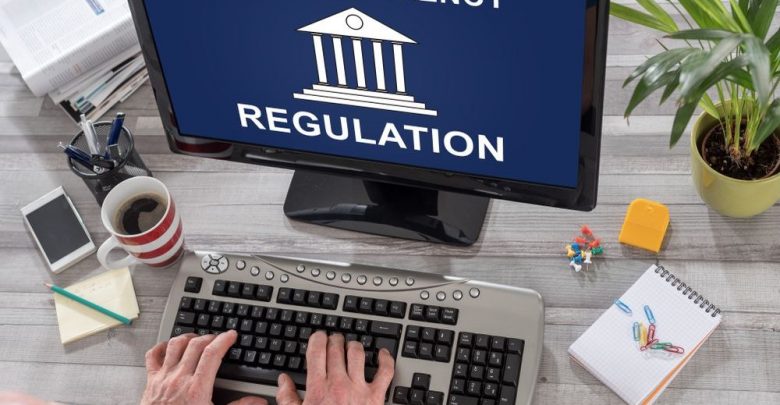
Only Ten South Korean Cryptocurrency Exchanges Have Registered So Far
It has been revealed that just 10 of the crypto exchange firms of Korea have made their registration with the country’s regulatory department KFIU (Korean-Financial-Intelligence-Unit). Among the registered, there are only four to have further secured deals with the banks (the second obligation set by the regulator). On September 23, 2021, six crypto exchanges of Korea named Flat Thai X, Prabang, OK-BIT, Gdac, Five, and Graybridge took a regulatory compliance move specified by the regulatory authorities of Korea.
Currently, it is expected that 18 more crypto firms will be expected to submit their documents. If the prospected companies register themselves, then the total number of registered exchanges will reach 28. Among these companies, there are four dominant ones named Korbit, Coinone, Bithumb, and Upbit, who contribute to more than 90% of the total trading volumes of crypto assets under South Korea. These have made deals with banks to complete the real-name verification of their accounts. By doing this, they have received authorization from the KISA (Korean-Internet-and-Security-Agency), implying that now their registrations are qualified for being submitted to KIFU.
Under-resourced exchanges seem to be affected
Specific security infrastructure was demanded from crypto exchanges by the KISA to minimize the problems like money laundering. Additionally, the collaborations with the native banks also needed to be obtained for being qualified for the attainment of approval awarded by the FSC (Financial-Services-Commission). After making partnerships, banks are the responsible bodies for the risks of financial crimes. Thus, the banks are restrained from making partnerships with the exchanges having weak mechanisms against money laundering contrary to KISA requirements. It has been assessed by the experts of the industry that as minimum as fifty exchanges will shut their operations or lessen their service offerings because of not complying with all the requirements.
Gdac, Huobi Korea, and Gopax were incapable of securing any partnerships with banks and consequently had to halt their operations by 24th September 2021. Problematic and Probit have in advance closed respective activities. The Financial-Services-Commission advised investors to extract their assets from these exchanges in advance of the deadline of compliance as they would be unable to do so after it due to the shutdown.
Fears of potential crypto monopoly in Korea
Such events provided a way for the uneven crypto monopoly in Korea, signifying that any exchange is capable of listing or delisting coins, in addition to raising transaction charges on its will, as per Justin d’Anethan (a member of the Democratic Party and Eqonex’s sales head). He is of the view that the plenty overseas exchanges along with an upsurge of decentralized firms point towards increasing chances for traders rather than decreasing, and the crypto world will be legitimized through regulations.



